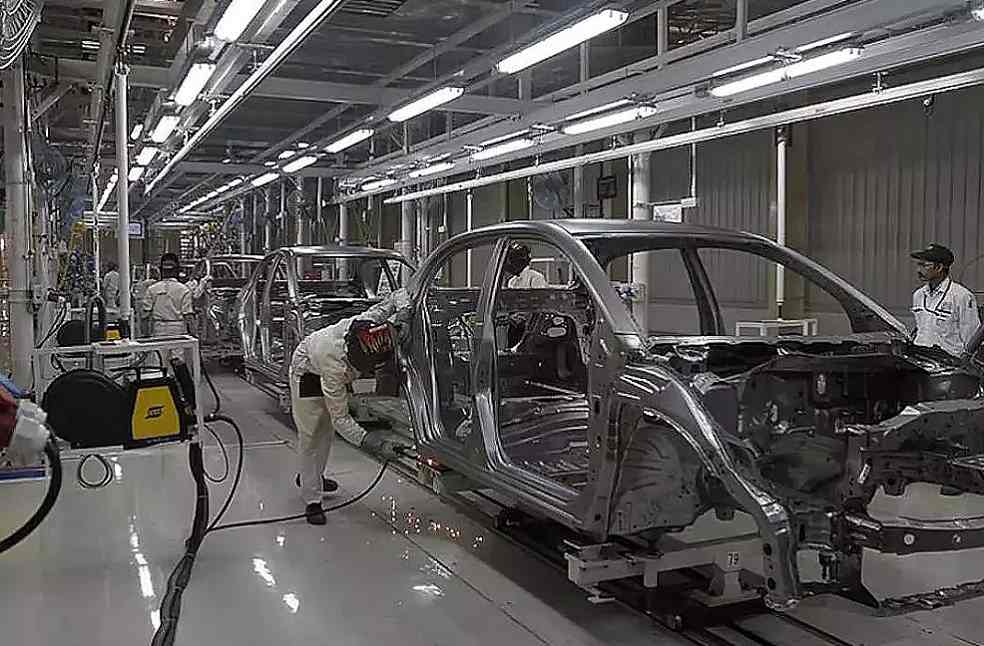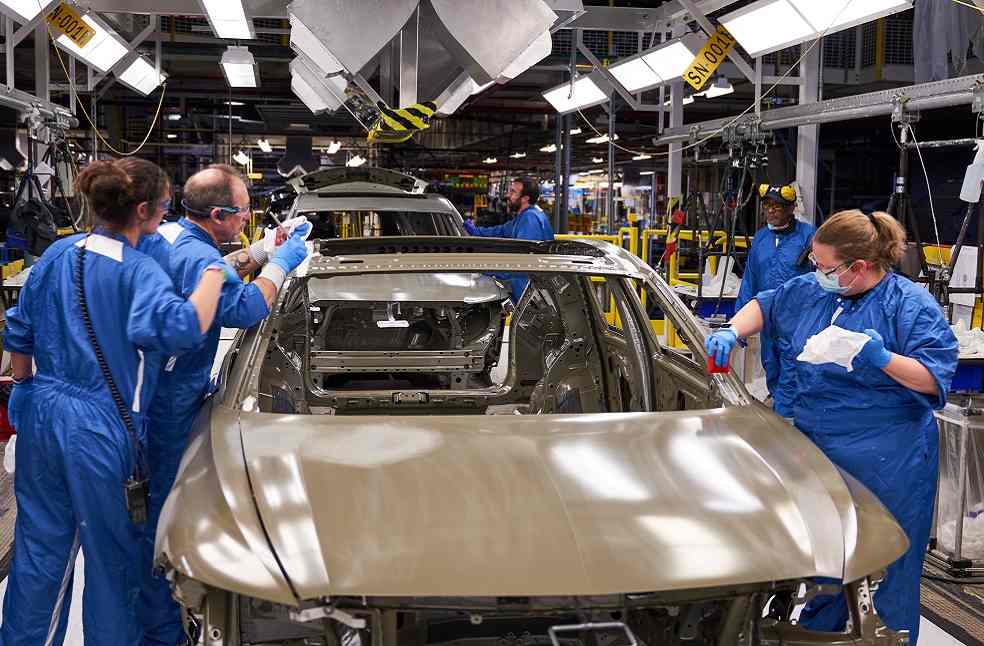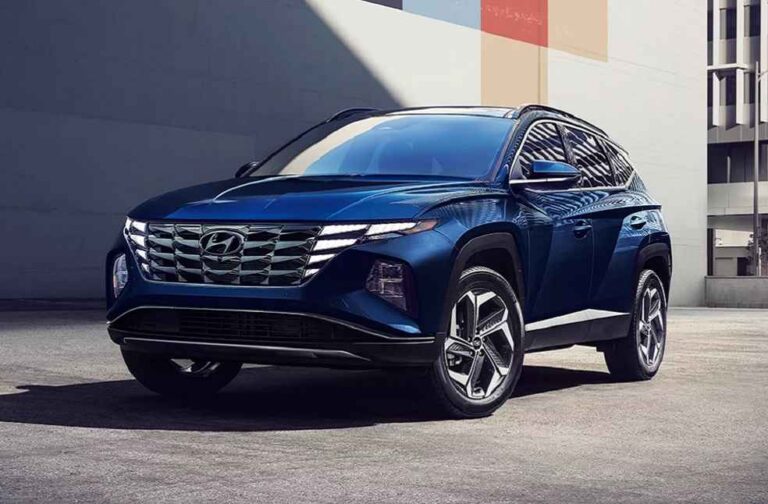Hyundai, the foremost automaker of South Korea, is poised to augment production of its Tucson Hybrid, targeting burgeoning international demand, with a keen focus on the U.S.—the world’s second-largest automobile market. By initiating production at Ulsan’s No. 3 plant as early as July, Hyundai aims to boost output by approximately 10,000 units by year-end.
Presently, the Tucson Hybrid, which features a 1.6-litre gasoline engine paired with a hybrid electric motor, is manufactured exclusively at Ulsan’s No. 5 factory, located about 300 kilometers southeast of Seoul.
This expansion reflects a strategic pivot within the automotive industry towards hybrid vehicles, driven by a relative slowdown in the electric vehicle sector. To adapt, Hyundai plans to fabricate hybrid models at its dedicated EV and battery facility in Georgia, USA, responding to persistent sluggishness in the global EV market.

Koo Zayong, Hyundai’s head of investor relations, articulated expectations for hybrids to constitute 11% of total sales in the current year, a rise from 9% the previous year, and forecasted a growth to 15% by 2030. In contrast, electric vehicles are projected to comprise roughly 34% of sales.
In 2022, Hyundai, alongside affiliate Kia, secured the position of the world’s fifth-largest hybrid car manufacturer, trailing industry leaders such as Toyota Motor, the Renault-Nissan-Mitsubishi Alliance, Suzuki Motor, and Monda Motor, according to automotive industry analytics from MarketLines.
Strong U.S. Market Performance
Between January and April, Hyundai reported sales of 16,848 Tucson Hybrids in the U.S., marking a 35.6% increase compared to the same period last year. In April alone, sales of the model constituted 45.4% of Hyundai’s total hybrid vehicle sales in the country. Despite robust sales, production of the Tucson Hybrid has not commenced at Hyundai’s Alabama facility, which currently produces SUV models with traditional internal combustion engines.

Since April, Hyundai has engaged in trial production of the all-wheel drive Tucson Hybrid at the No. 3 Ulsan plant, subsequent to adapting the line that predominantly manufactures the compact sedan Elantra and the small SUV Kona.
Priced at a starting manufacturer’s suggested retail price of $32,575 in the U.S., the Tucson Hybrid is presented at a slightly lower cost of 32.1 million won ($23,199) in South Korea. With elevated production levels, Hyundai is determined to cater to intense demand across diverse markets, including South Korea, where the model is particularly popular. South Korean customers currently endure a four-month waiting period to receive a new Tucson Hybrid, following a sales increase of 26.9% to 8,476 units in the initial four months of the year.
MAJOR EVENTS | Vietnam Motor Show 2024: Leading Auto Brands Unveil Green Tech





